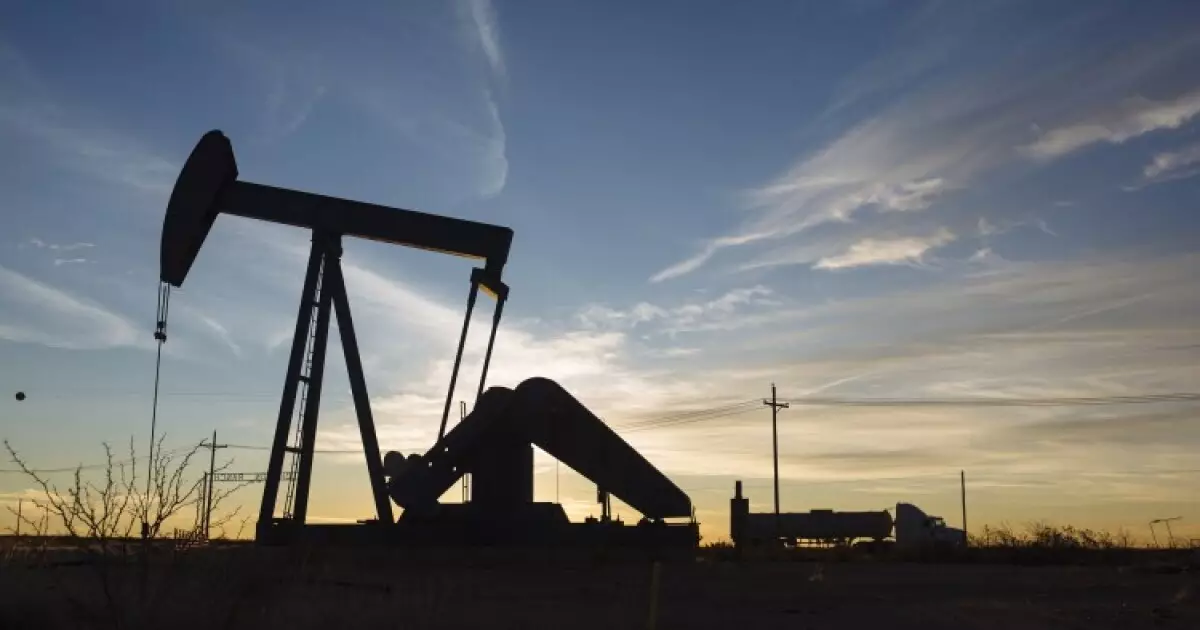Legal Challenges to Texas’ Anti-Boycott Law: A Clash of Interests

The legal battle over Texas’ controversial 2021 law, which prohibits the state from contracting with financial firms deemed to be “boycotting” the fossil fuel industry, has taken center stage. As the Texas state comptroller, Glenn Hegar, and Attorney General, Ken Paxton, file motions to dismiss a lawsuit by the American Sustainable Business Council (ASBC), the conflict raises deeper questions about economic interests, free speech, and environmental responsibility. This article will analyze the current legal landscape surrounding this law, examining the implications for businesses and the fossil fuel sector while exploring the broader context of the anti-ESG (Environmental, Social, and Governance) movement.
On a recent Friday, Texas’ top financial officials called for a federal court to dismiss ASBC’s lawsuit, primarily arguing that the plaintiff lacks the standing to pursue the case. The filing also invokes the principle of sovereign immunity, asserting that state officials cannot be held liable for claims made against them in their official capacities. A critical point of contention is ASBC’s claim that the law infringes upon First Amendment rights. According to the defendants, the actions of refusing or terminating contracts with companies do not constitute protected speech. They argue that the law serves to safeguard the Texas economy, which heavily relies on the oil and natural gas sector, contributing a staggering $360.7 billion in 2022.
The economic ramifications of this law cannot be understated. Texas ranks as one of the nation’s leading producers of oil and natural gas, and the state’s revenue from these industries has been instrumental in funding public services. The state collected a record $10.8 billion in oil and natural gas taxes in fiscal 2022, and while these numbers have declined since, they still represent a significant part of the state’s overall budget. Proponents of the law argue that preventing government contracts from becoming channels for economic discrimination is critical to preserving this revenue stream and maintaining the state’s economic health.
However, the situation is more complex. Critics, including ASBC, argue that the law suppresses free speech and economic freedom, punishing businesses that seek to invest responsibly or act in line with broader societal values, such as environmental sustainability. By blacklisting firms that align with initiatives that discourage fossil fuel investment, the state raises serious questions about its commitment to economic diversity and responsible investing.
The Texas law is part of a larger trend across the United States where various states have pursued legislation against what is seen as ‘woke capitalism.’ These initiatives aim to counteract environmental, social, and governance criteria that are increasingly influencing investment decisions. Critics contend that such laws are a reactionary response to the growing movement toward sustainable investment, which often involves divesting from fossil fuels and other industries perceived to have adverse effects on society.
This backlash can be understood within a broader societal context where economic interests clash with environmental advocacy. The challenge lies in balancing the economic realities of the fossil fuel industry against the pressing need for a transition toward more sustainable forms of energy. The tension between these conflicting objectives reveals a significant divide in public opinion regarding corporate responsibility and the role of government in regulating economic activities.
It is worth noting that the outcome of this case may set important precedents for future legislation of this nature. The reference to a similar case in Arkansas, where the U.S. Supreme Court upheld certain free speech protections regarding boycotts, highlights the delicate balance between upholding economic freedoms and enforcing state interests. Such legal landmarks will undoubtedly influence the direction of future anti-boycott laws across the nation.
As the legal battle progresses, the implications of Texas’ anti-boycott law will extend far beyond the courtroom. They provoke vital discussions on the role of government in regulating economic behavior, the freedom of businesses to invest in alignment with their ethics, and the overall impact of these laws on state economies. What remains clear is that the conflict between maintaining economic vigor and embracing sustainable practices is far from settled, and the outcomes will influence not only Texas but potentially other states grappling with similar issues.





